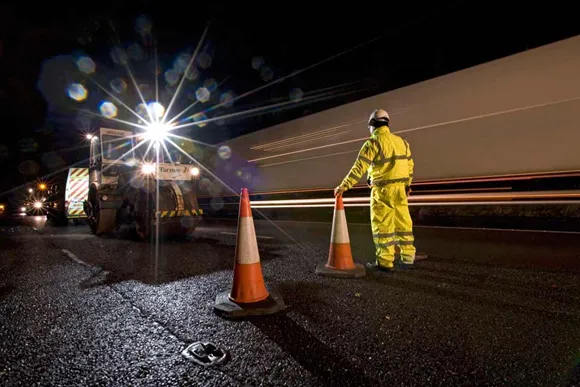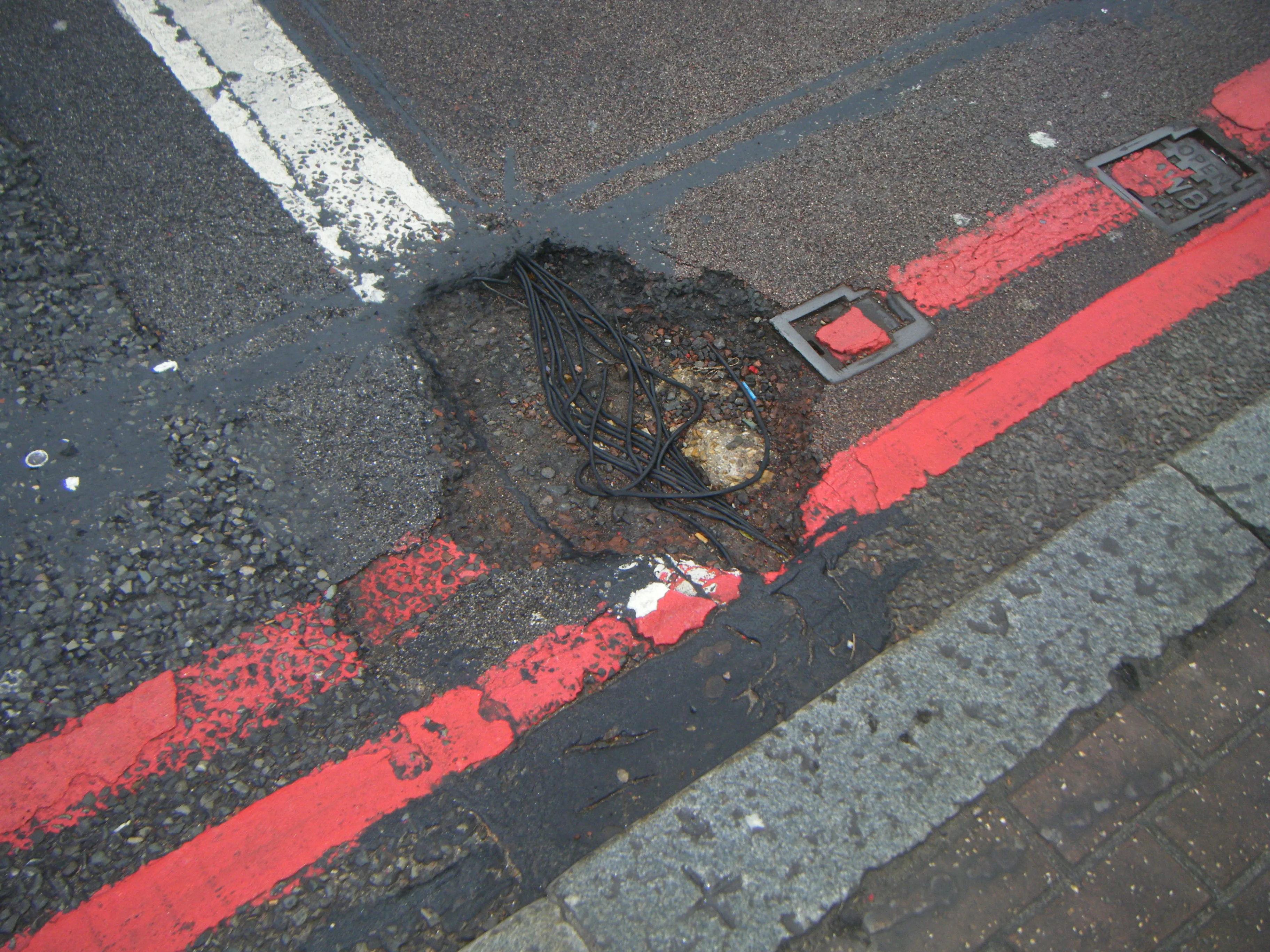Utility companies who take too long to complete their road works in the UK will face higher charges, transport minister Norman Baker has announced. All utility companies who dig up the road must agree a time frame for their works with the local council.
March 19, 2012
Read time: 2 mins
Utility companies who take too long to complete their road works in the UK will face higher charges, transport minister Norman Baker has announced. All utility companies who dig up the road must agree a time frame for their works with the local council. If a firm overstays this period and has not negotiated the additional time with the local council then they face an 'overrun charge' for each additional day they spend on the road.
Currently, the maximum daily overrun charge is US$3,925, depending on the type of works and the sort of street being occupied. From 1st October 2012 this will rise on the busiest roads to $7,850 a day for the first three extra days, rising to $15,700 a day from the fourth extra day onward. Councils must spend overrun charge income on implementing transport policies.
"We know that utility firms need to dig up the road to maintain the infrastructure we all rely upon but sometimes this work takes far too long to complete, causing disruption and frustration for everyone using the road,” Baker said. "Increasing these charges means that utilities will pay penalties which reflect the cost of the disruption suffered when works go on longer than they should. The increases will also provide an incentive for utilities to finish works on time and prevent people sitting in unnecessary traffic jams in the first place."
The department is also changing the way overrun charges are structured to reflect the fact that all overruns cause the same level of disruption regardless of how long the work was originally planned for. The Government's response to the consultation on overrun charges can be found %$Linker:External 0 0 0 oLinkExternal here www.dft.gov.uk/consultations/dft-2010-13 false http://www.dft.gov.uk/consultations/dft-2010-13 false false %>. Regulations will be laid in Parliament shortly and are due to come in to force in October 2012.
The UK Government has also recently put forward proposals for councils to use lane rental schemes which would see utilities pay a daily charge to do works on the busiest roads as well as measures to reduce bureaucracy for councils wanting to implement road works permit schemes.
Currently, the maximum daily overrun charge is US$3,925, depending on the type of works and the sort of street being occupied. From 1st October 2012 this will rise on the busiest roads to $7,850 a day for the first three extra days, rising to $15,700 a day from the fourth extra day onward. Councils must spend overrun charge income on implementing transport policies.
"We know that utility firms need to dig up the road to maintain the infrastructure we all rely upon but sometimes this work takes far too long to complete, causing disruption and frustration for everyone using the road,” Baker said. "Increasing these charges means that utilities will pay penalties which reflect the cost of the disruption suffered when works go on longer than they should. The increases will also provide an incentive for utilities to finish works on time and prevent people sitting in unnecessary traffic jams in the first place."
The department is also changing the way overrun charges are structured to reflect the fact that all overruns cause the same level of disruption regardless of how long the work was originally planned for. The Government's response to the consultation on overrun charges can be found %$Linker:
The UK Government has also recently put forward proposals for councils to use lane rental schemes which would see utilities pay a daily charge to do works on the busiest roads as well as measures to reduce bureaucracy for councils wanting to implement road works permit schemes.







